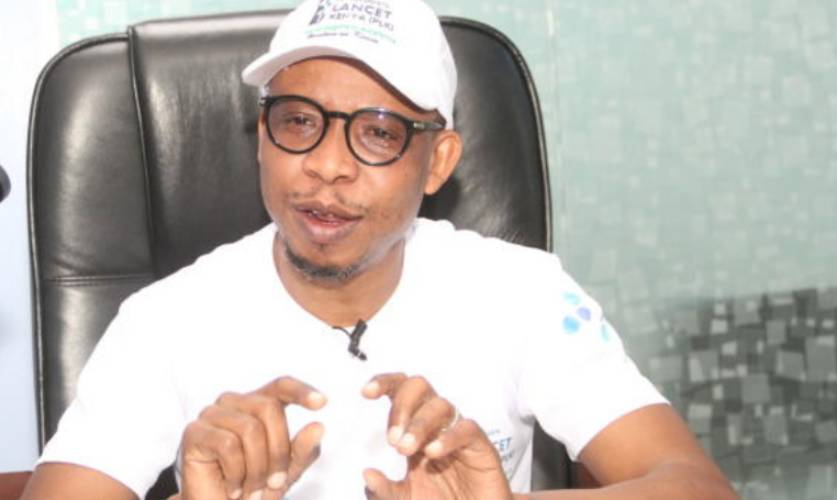×
The Standard e-Paper
Stay Informed, Even Offline

Dr Ahmed Kalebi Group CEO of Pathologists Lancet Kenya during an interview (PHOTO: Edward Kiplimo)
Ahmed Kalebi had planned on making a quiet exit from the Sh4 billion medical empire he helped build until an encounter with a top lawyer reshaped his exit strategy.






